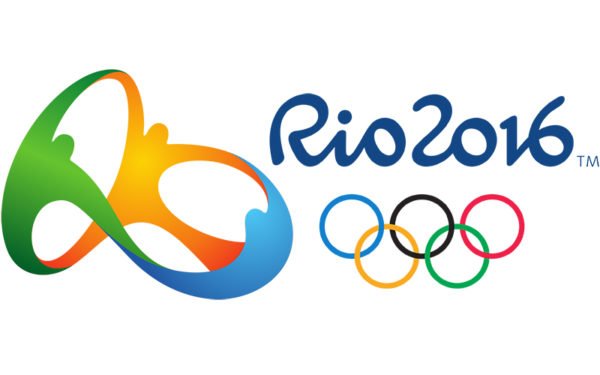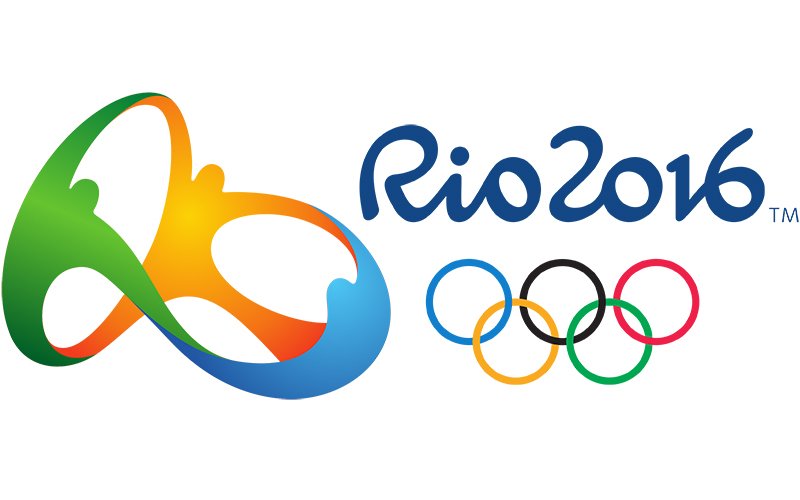Russia will not be totally banned from Rio 2016 following the country’s doping scandal.
The International Olympic Committee (IOC) will leave it up to individual sports’ governing bodies to decide if Russian competitors are clean and should be allowed to take part.
The IOC decision follows a report in which Canadian law professor Richard McLaren said Russia operated a state-sponsored doping program from 2011 to 2015.
The Rio Olympic Games start on August 5.
Russian competitors who want to take part in the Games will have to meet strict criteria laid down by the IOC.
Any Russian who has served a doping ban will not be eligible for next month’s Olympics. Track and field athletes have already been banned.
IOC president Thomas Bach said: “We have set the bar to the limit by establishing a number of very strict criteria which every Russian athlete will have to fulfill if he or she wants to participate in the Olympic Games Rio 2016.
“I think in this way, we have balanced on the one hand, the desire and need for collective responsibility versus the right to individual justice of every individual athlete.”
IOC’s decision not to impose a blanket ban came after a three-hour meeting of the body’s executive board, and reaction came quickly.
Russian Sports Minister Vitaly Mutko described the decision as “objective” but “very tough”, while the United States Anti-Doping Agency (USADA) claimed the IOC had “refused to take decisive leadership”.
The 28 individual federations now have just 12 days to “carry out an individual analysis of each competitor’s anti-doping record, taking into account only reliable adequate international tests, and the specificities of each sport and its rules, in order to ensure a level playing field”.
The International Tennis Federation quickly confirmed on July 24 that Russia’s seven nominated tennis players meet the IOC requirements, having been subjected to “a rigorous anti-doping testing program outside Russia”.
Russia’s full Olympic team would consist of 387 competitors.
The International Association of Athletics Federations (IAAF) has already ruled that Russian track and field athletes will not compete at the Games, a decision which was upheld on July 21 by the Court of Arbitration for Sport (CAS).
IAAF president Lord Sebastian Coe said: “The IAAF team are ready to offer advice to any International Sports Federations given our experience and what we have learned over the last eight months.”
World Anti Doping Agency (WADA) president Craig Reedie said previously that his organization, which commissioned the McLaren report, wanted the IOC to “decline entries for Rio 2016 of all athletes” submitted by the Russian Olympic and Paralympic committees.
The IOC also confirmed it will not allow whistleblower Yulia Stepanova to compete as a neutral athlete in Rio.
Yulia Stepanova has previously failed a doping test and also did not satisfy the IOC’s “ethical requirements”.
The statement added: “The executive board would like to express its appreciation for Mrs. Stepanova’s contribution to the fight against doping and to the integrity of sport.”
The IOC was “expressing its gratitude” to Yulia Stepanova by inviting her and her husband to Rio as guests.
USADA chief Travis Tygart described the decision to exclude Yulia Stepanova as “incomprehensible”, adding it will “undoubtedly deter whistleblowers in the future from coming forward”.
https://www.youtube.com/watch?v=x9JsNqxfSpw
